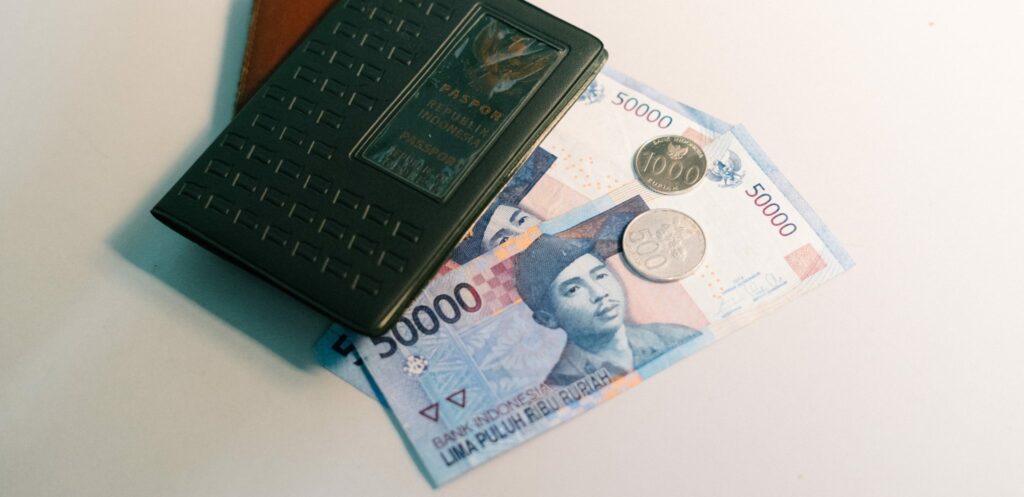Get Help With Anti Money Laundering in Indonesia
Meet and exceed the expectations of global regulators with help from our AML solutions.
Get Started Now

In 2012, the Financial Action Task Force (FATF) put Indonesia on a blacklist of countries at a high risk of money laundering. After working to address anti money laundering, Indonesia was removed from that list in 2015 and, in 2018, was granted ‘observer’ FATF status with a view to achieving full membership status in the future.
With a continuing focus on AML law, Indonesia is taking further steps to modernize its legislative landscape. With that in mind, we’ve put together a need-to-know guide for AML in Indonesia.
Bank Indonesia, Indonesia’s central bank, and the Financial Services Authority of Indonesia, known as Otoritas Jasa Keuangan (OJK), are responsible for issuing AML regulations in Indonesia and have regulatory and supervisory authority over all banks and financial institutions. The OJK was established in 2011 as an independent, autonomous body and has a mandate to protect the financial stability of Indonesia – that role includes issuing banking licenses and monitoring AML compliance.
The principle anti money laundering Indonesia legislation is OJK Regulation No.12/POJK.01/2017 concerning the Implementation of the Anti Money Laundering Program and Terrorism Funding Prevention in the Financial Service Sector. The law requires institutions to make a series of AML and CFT provisions which meet standards set by the OJK and the FATF.
In strengthening its anti money laundering Indonesia regulations and working towards the standards set out in the FATF’s 40 Recommendations, banks and financial institutions take a risk-based approach to the money laundering threats they face. The risk-based approach is central to FATF AML policy and involves assessing the risk posed by individual customers and clients. In practical terms AML compliance programs in Indonesia must;
In 2017, Indonesia introduced stronger AML regulations in order to strengthen its push for FATF membership. Under the new regulations:
Non-compliance with AML regulations in Indonesia can result in a range of potential punishments, including fines of between IDR10 billion and IDR100 billion, and prison sentences of up to 20 years.
Meet and exceed the expectations of global regulators with help from our AML solutions.
Get Started NowOriginally published 12 August 2019, updated 29 July 2024
Disclaimer: This is for general information only. The information presented does not constitute legal advice. ComplyAdvantage accepts no responsibility for any information contained herein and disclaims and excludes any liability in respect of the contents or for action taken based on this information.
Copyright © 2024 IVXS UK Limited (trading as ComplyAdvantage).